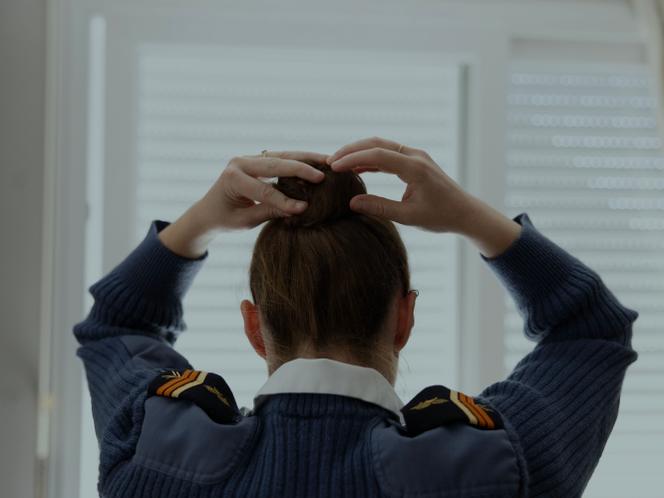


Just under three months after the first reports of sexual and gender-based assaults in the French military were published in Le Monde, the Ministry of the Armed Forces decided on Thursday, June 12, to make public the report of the fact-finding mission set up in mid-April to examine the institution's shortcomings. The report identifies the flaws in the system for detecting and caring for victims and lists 50 recommendations for rapid remedial action.
Entrusted to a committee of inspectors general of the armed forces, this 150-page report acknowledges in its preamble that the sexual and sexist violence denounced in recent months has "sown doubts" and that the "current system is inadequate." The authors of the report argue that "all sexual and gender-based violence threatens the brotherhood of arms." They advocate for a stricter punishment policy to align more closely to the system used within the British army, considered to be more virtuous.
One of their key recommendations is to completely revamp the Thémis unit, a department of fewer than 12 individuals that has been responsible for collecting reports from victims since 2014, the year when the first public cases of sexual violence within the military were reported. Considered to be significantly "undersized," Thémis should have its staff increased in order to make it a "veritable control tower" for the quality of victim follow-up and internal procedures, advocates the report. "The gap between ambition and resources has widened year after year," the inspectors point out.
To reduce the workload on Thémis, the report also recommends that, in the future, the responsibility of taking victims' testimony could be delegated to a separate platform with specialized staff. Similarly, the report recommends the creation of a genuine "statistical" monitoring unit for reports, in order to improve the reporting of incidents. The report's authors warn that "transparency" must be guaranteed in respect of warnings and disciplinary measures, given that, according to their estimates, around 50% of victims and perpetrators are non-commissioned members of the armed forces.
The inspectors also call for penalties to be standardized and for the process of punishing perpetrators to be streamlined. "The majority of punishments handed down belong to the first group," they note, which in practice means a warning, a reprimand or a work stoppage of less than 20 days. One of the obstacles identified in transitioning to harsher sanctions, known as "group three" – i.e. up to 40 days' leave, a reprimand from the minister or discharge – concerns the prior convening of a "board of inquiry" charged with issuing an opinion on the cases submitted to it. The military's inspectorate recommends simplifying this process.
You have 41.13% of this article left to read. The rest is for subscribers only.
